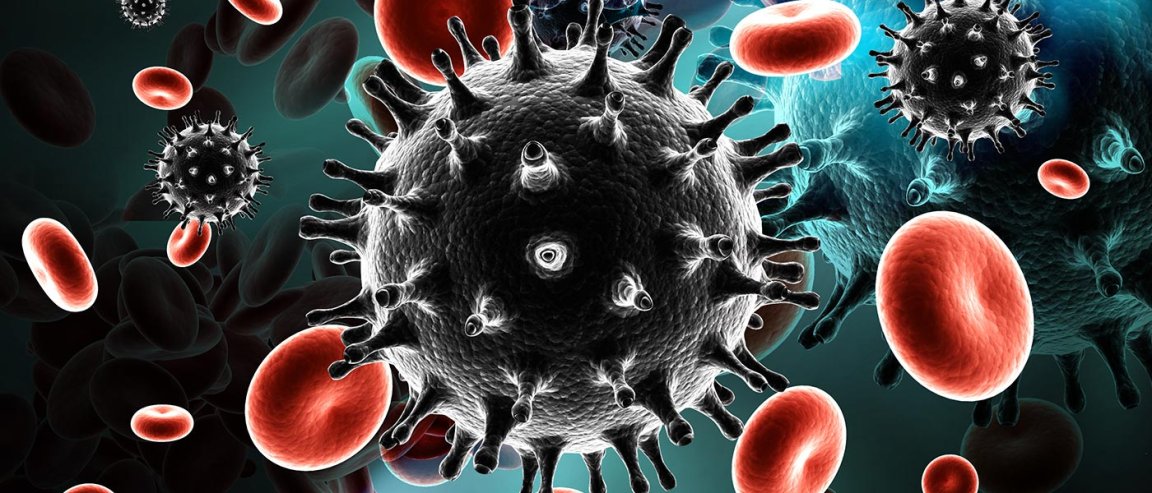
HIV’s Cousin SIV
A study scheduled for publication in the journal Science shows that sustained control of simian immunodeficiency virus (SIV), HIV’s primate cousin, is possible by supplementing antiretroviral drugs with an antibody during and after drug treatment. The tests were conducted on SIV-positive rhesus macaques by a team at the Emory University School of Medicine’s Department of Pathology and the National Institute of Allergy and Infectious Diseases (NIAID), part of the National Institutes of Health.
The antibody used was against alpha4-beta7, an integrin that assists T cells in working their way to intestinal lymphoid tissues. After treating the monkeys with the antibody, they found that six of eight showed some easily controllable rebound of viral levels, while two exhibited no rebound. While the virus was still present in the antibody-treated monkeys, it was below the limits of detectability and remained so for almost two years.
It’s the first case of demonstrated post-treatment immune control without previous vaccination in SIV-infected primates.

Philip J. Santangelo/Francois Villinger
A Blueprint For HIV Treatment
“This finding could become a blueprint for an alternative therapy for HIV, which could make it so someone would not need to continuously take anti-retroviral drugs,” says Aftab Ansari, senior author and professor of pathology and laboratory medicine at Emory University School of Medicine and Yerkes National Primate Research Center.
Of course, testing SIV and HIV might not render the same results. Further studies are required to see how long remission can last in humans and which parts of the immune system are key for active viral control. Furthermore, the study used monkeys that had been infected with SIV for only five weeks before beginning a three-month antiretroviral treatment course.
There’s a long way to go before human trials and viable commercial use, but analyzing the effects of the treatment on the monkeys is a step forward in curing HIV, a disease plaguing more than 36.7 million people worldwide. “It could also help us craft more effective vaccines. We need to know more about how alpha4-beta7 antibody treatment exerts its effects,” Ansari says.